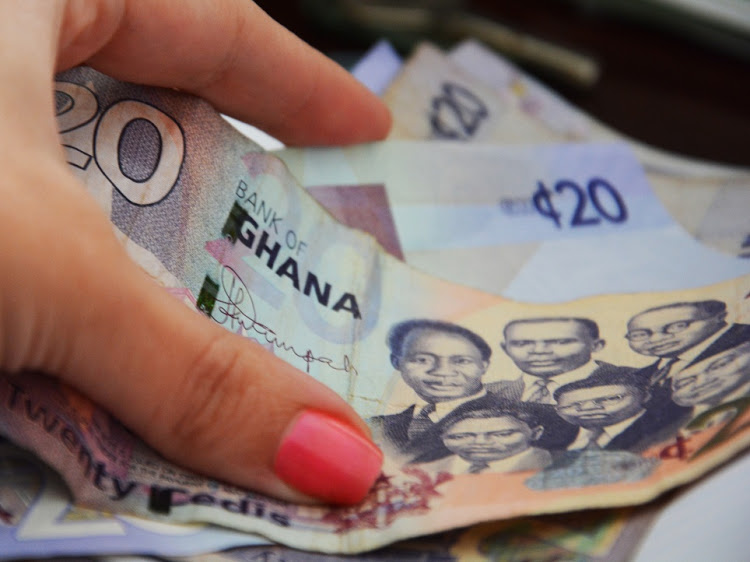Picture: ISTOCK Accra — A regulatory spring clean that has cut the number of Ghanaian banks by almost a third is strengthening the industry, brightening prospects for lending growth and easing the pain of unpaid debts.
The expanding economy is also helping lenders put behind them years of challenges weighing on the West African nation — including daily power outages, poor banking regulation and an inflation rate that has averaged 14% since 2013.
Flush with cash after a recapitalisation exercise by the central bank, lenders are poised to see a drop in nonperforming loans and higher returns, according to Moody’s Investors Service and Databank Group.
“The economy over the last two years has been on a path of steady improvement,” said Kwesi Boti, an economist at Accra-based Databank. “With the robust growth outlook, banks should find a lot of bankable propositions and not get trapped in loan defaults the way we’ve seen.”
The central bank in 2017 tripled capital requirements to bolster weak buffers and protect lenders against shocks as non-performing loans surged to record levels. The regulator also revoked licences and helped to combine some companies, bringing down the number of lenders to 23 from 34.
The process is bearing fruit. Annual loan growth jumped to 13% at the end of December from 0.4% in March, when banks were focused on propping up their balance sheets. That could rise to 15% over the next 18 months, said Peter Mushangwe, a banking analyst at Moody’s.
“The larger size and higher capital levels will allow surviving banks to underwrite larger corporate loans, supporting their revenue,” he said. Nonperforming loans — which reached a record high of 23.4% at the end of April — will remain high, Mushangwe said, but will improve as banks add new credit to their books as the economy recovers.
Moody’s estimates that banks’ return on assets will improve to 4% over the next 18 months, from an average 3.4% in 2018.
The Ghana Stock Exchange financial stocks index, which tracks the performance of banks and insurance companies, advanced a second day, by 0.1% to 2,048.4 at mid-morning on Tuesday in the capital, Accra, trimming its loss this year to 1.4%.
The banking industry’s woes have their roots in arrears owed by the government for loans to power utilities going back more than 20 years. The debt, spread across 19 lenders, had to be booked as nonperforming loans after the central bank in 2016 introduced new […]
